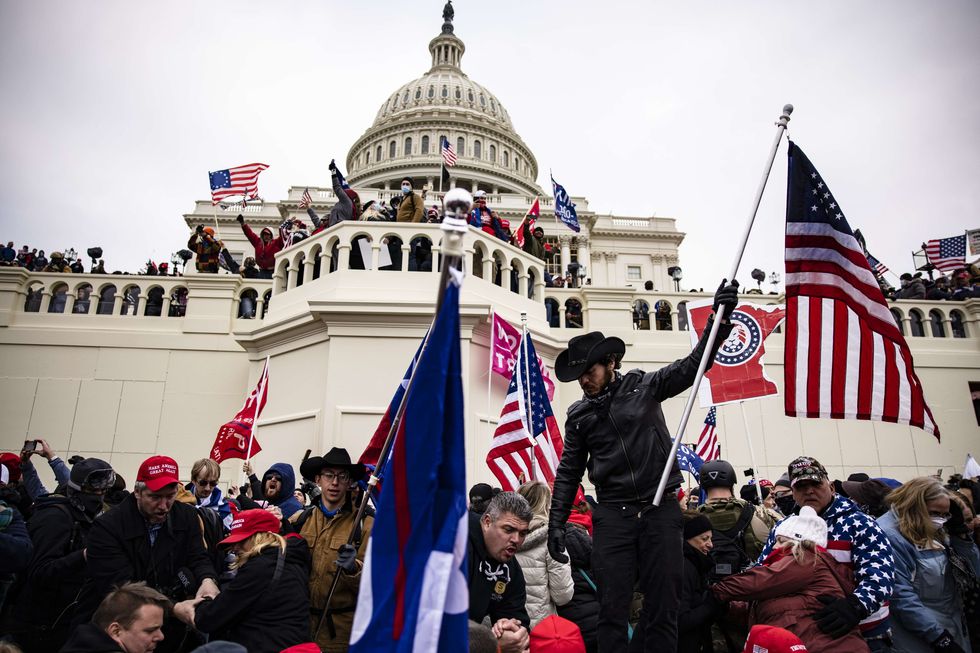By Amit Roy
ARGUING why NHS staff should be generously rewarded for all they have done during the pandemic – and not the insulting one per cent offered by the government – I referred recently to the critical care nurse, Dawn Bilbrough.
She was the one reduced to tears last year when confronted by empty supermarket shelves after coming off a 48-hour shift.
She had pleaded with people not to indulge in panic buying: “You just need to stop it because it’s people like me that are going to be looking after you when you are at your lowest, so just stop it. Please.”
It is distressing to learn that someone as dedicated as her is now thinking of leaving after 20 years in nursing. It is partly because the past year had been “relentless, incredibly traumatic and emotionally and physically exhausting”.
Dawn, who later developed coronavirus symptoms herself, recalled: “I was once working in a pod where there were four patients with Covid. I left my shift at 20.00 in the evening. When I returned the next day, all the patients had died. And that’s been difficult because I’ve felt a bond to my patients.”
Dawn, who is 52 and from York, said: “Long-term I am reconsidering my future. I will certainly remain in nursing for the foreseeable, but long-term I’m not really sure what my plans are.”
Money is not everything, but the government would be ill-advised to exploit the sense of duty shown by nurses. It would be a great loss to nursing if Dawn were to quit.
There is also the heart-breaking story of Areema Nasreen, who, at 36, was one of the youngest nurses to die from Covid in March last year. She had worked at the Walsall Manor Hospital in the West Midlands.
The last time her younger sister, Kazeema Afzal, 33, saw her was when Areema was wheeled into intensive care. Inspired by her sister’s example, Kazeema is now training to be a nurse. Areema sent a final message to Kazeema through a colleague shortly before she died.
“She said, ‘My sister... I want her to follow in my footsteps’,” revealed Kazeema. “That was the last thing she said.”
It is hard not to think the government is being callous in taking nurses for granted.





 Crowds storm the US Capitol after the rally
Crowds storm the US Capitol after the rally The BBC office in London
The BBC office in London






